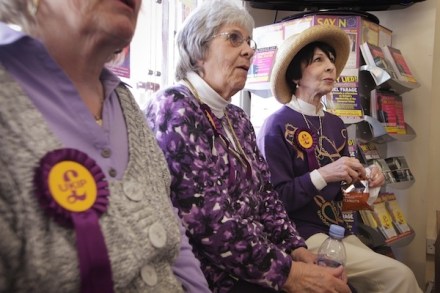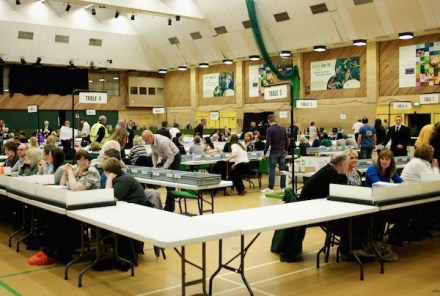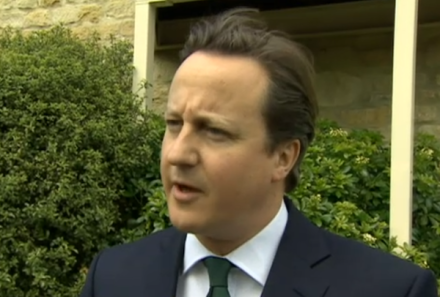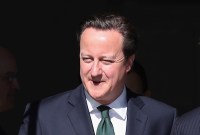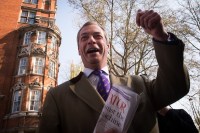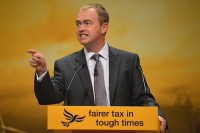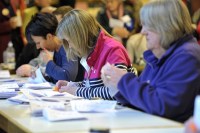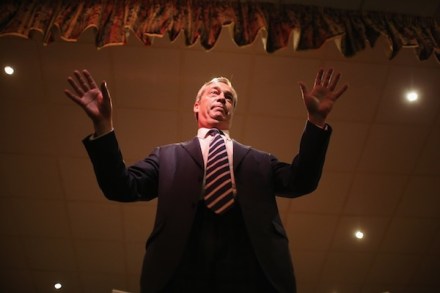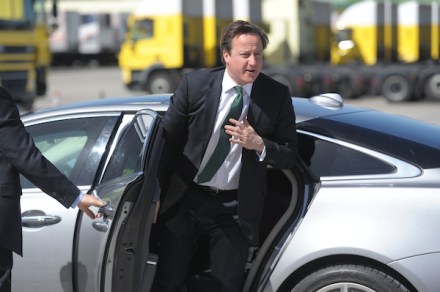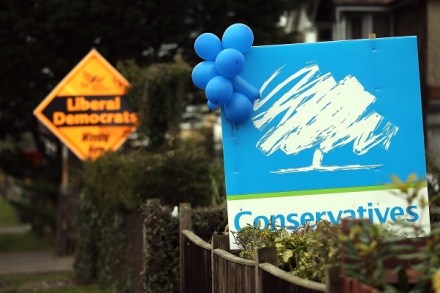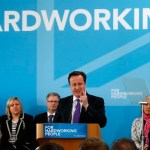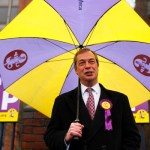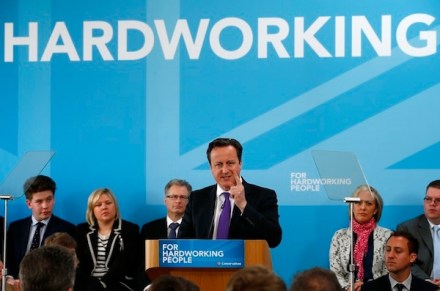Sandcastles, lettuce and a big train: where Ukip won and why
Anyone who watched the latest episode of Mary Queen of the High Street will have been mildly amused to see the retail diva encounter the good burghers of Margate. Urbane, fabulous and witty, with a mission tinged an air liberal imperialism, as if ‘to explore strange new worlds’. One can almost imagine her government reports: ‘It’s commercial life, Prime Minister, but not as we know it.’ Suffice to say, much as some of the animosity was no doubt hammed up for the cameras, not every inhabitant of Planet Thanet welcomed Portas with open arms. What project more symbolises the Cameroon ‘big society’ effete tofu-laden conservatism than Operation Portas? And how
